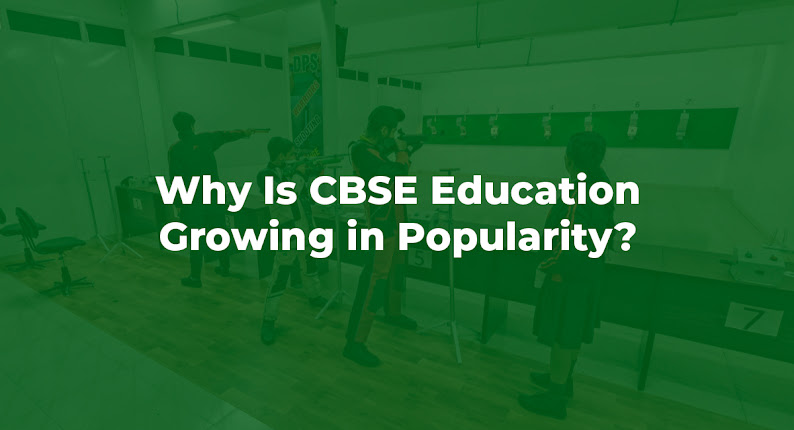What is the impact of social media on student mental health and well-being?
In the contemporary digital era, social media has become an integral part of students' lives, profoundly influencing their mental health and overall well-being. This essay explores the multifaceted impact of social media on student mental health, with a focus on the challenges and strategies for navigating them, particularly in the context of finding the best boarding school in India.
Understanding the Influence of Social Media
Social media platforms offer students avenues for communication, information sharing, and networking. However, the incessant use of social media can lead to detrimental effects on mental health. The constant comparison to idealized images and lifestyles portrayed on these platforms can evoke feelings of inadequacy, fostering anxiety and low self-esteem among students.
Pressure and Performance Anxiety
One of the significant impacts of social media on student mental health is the amplification of pressure and performance anxiety. Students often feel compelled to maintain an online persona that reflects success and happiness, leading to heightened stress levels. This pressure is particularly pronounced in competitive environments, such as those associated with seeking admission to the best boarding schools in India.
Cyberbullying and Online Harassment
The digital landscape also exposes students to the risk of cyberbullying and online harassment. The anonymity afforded by social media platforms emboldens individuals to engage in malicious behaviors, causing emotional distress and trauma to victims. The prevalence of cyberbullying poses a significant concern for student well-being, necessitating proactive measures to address and prevent such incidents.
Sleep Disturbances and Addiction
Excessive use of social media disrupts students' sleep patterns and contributes to addiction-like behaviors. The constant stimulation from notifications and the urge to stay connected can impede restorative sleep, adversely affecting cognitive function and emotional regulation. This phenomenon is particularly pertinent among adolescents, who are more susceptible to the addictive nature of social media platforms.
Strategies for Promoting Positive Social Media Use
Despite the challenges posed by social media, proactive strategies can empower students to harness its benefits while mitigating its negative impact on mental health. Educating students about digital literacy and responsible online behavior is crucial in fostering a healthy relationship with social media. Schools, including boarding schools in India, can implement comprehensive wellness programs that address the intersection of technology and mental health.
Encouraging Offline Interactions
Promoting offline interactions and cultivating a sense of community within boarding school environments can counteract the isolating effects of excessive social media use. Engaging students in extracurricular activities, group discussions, and outdoor pursuits fosters interpersonal connections and emotional resilience, reducing reliance on virtual interactions for validation and social support.
Creating Safe Online Spaces
Boarding schools can play a pivotal role in creating safe online spaces that prioritize student well-being. Implementing robust anti-cyberbullying policies and providing avenues for reporting and addressing online harassment are essential steps in fostering a supportive digital environment. Encouraging open dialogue and empathy among students cultivates a culture of respect and solidarity, mitigating the prevalence of toxic online behaviors.
Promoting Digital Detox and Mindfulness
Integrating mindfulness practices and promoting digital detox initiatives can help students develop healthier screen habits and cultivate self-awareness. Encouraging periodic breaks from social media and providing resources for stress management and relaxation empower students to prioritize their mental health amidst the digital noise. Boarding schools can incorporate mindfulness workshops and relaxation techniques into their curriculum to equip students with coping mechanisms for navigating the digital landscape.
Conclusion
In conclusion, the impact of social media on student mental health and well-being is multifaceted, encompassing both positive and negative aspects. While social media offers unprecedented opportunities for communication and self-expression, its pervasive influence can exacerbate stress, anxiety, and social pressures among students. To mitigate these challenges, proactive strategies centered on digital literacy, community-building, and mindfulness are imperative. By fostering a balanced approach to social media use and prioritizing mental health, boarding schools in India can empower students to thrive in the digital age while preserving their well-being.

.jpg)

Comments
Post a Comment